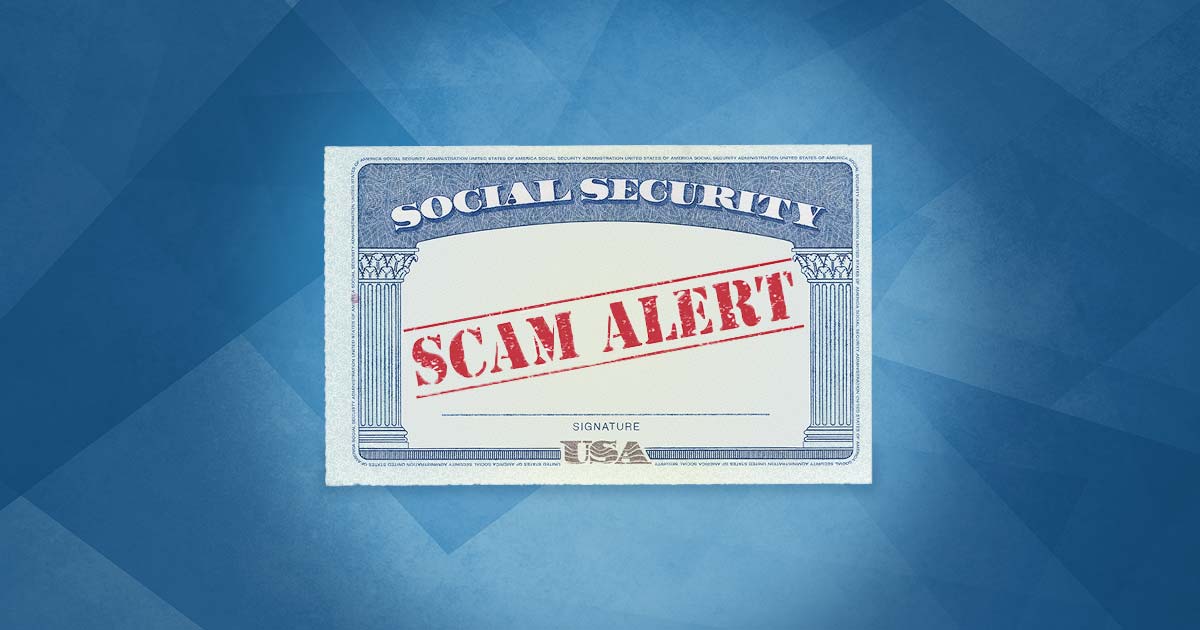We all know to be cautious when it comes to our Social Security number. If this information falls into the wrong hands, you could easily become the victim of identity theft. Criminals can use your Social Security number to apply for credit cards, obtain loans, and even commit crimes in your name—which makes it a lucrative opportunity for scammers. The Better Business Bureau (BBB) has been warning about Social Security scams for some time, but a new text message scheme is something you need to be on the lookout for. Read on to find out what text about your Social Security you should delete right away.
If you get a text about your Social Security that you didn’t opt into, delete it.
Your phone can open you up to a flurry of different scams. According to a warning from the BBB on June 9, Social Security Administration (SSA) scammers are reaching people through text messages. If you’ve never signed up for texts from the SSA, you should be wary.
“The SSA will use text to communicate only in limited situations if the recipient has opted in to receive text messages,” the BBB explained. “The SSA will communicate via text message if you have subscribed to receive updates and notifications from the SSA through text message or as a part of SSA’s enhanced security measures when accessing your Social Security account online.”
You should also be suspicious of any texts asking you to return a call about your social security. The Office of the Inspector General (OIG) warned the public of this type of Social Security scam in March 2020. “SSA will never send a text asking for a return call to an unknown number,” the warning stated.
Real Social Security Administration employees will never text you to confirm their identity.
According to the BBB, “scammers are using advanced techniques to convince victims of their legitimacy, including using official SSA phone numbers, employee names, official logos or symbols and fabricated federal badges.” The bureau says that in some cases, scammers will text, or even email, copies of these fake badges to try to convince people that they are not actually being scammed.
“SSA will never text or email images of an employee’s official government identification,” the OIG said in a warning on March 2.
Social Security scams increase once tax season ends.
According to the BBB, SSA scams rise in the summer, once tax season ends and the rate of tax-related scams declines as a result. “SSA impersonators rise to take their place,” the BBB explained. According to a May 2021 Semiannual Report to Congress, the rates of social security phone scams rose substantially between May to August in 2020.
“Government agencies typically reach out via postal mail and are unlikely to contact you via phone, email or text, especially if it is unsolicited,” the BBB said.
If you think you have been hit with a Social Security scam, report it.
Both the BBB and the OIG encourage that you report any SSA-related scams you think you may have been hit with. You can report Social Security Scams or other fraud to the OIG website, and the BBB asks that you report it to the BBB Scam Tracker as well.
“If you or someone you know has been exposed to a government impostor scam, whether from the SSA or another government agency, be sure to let your friends and family know about the scam and report it to the appropriate agency and BBB Scam Tracker,” the BBB said.
Kali Coleman
June 21, 2021
For more, click here.
